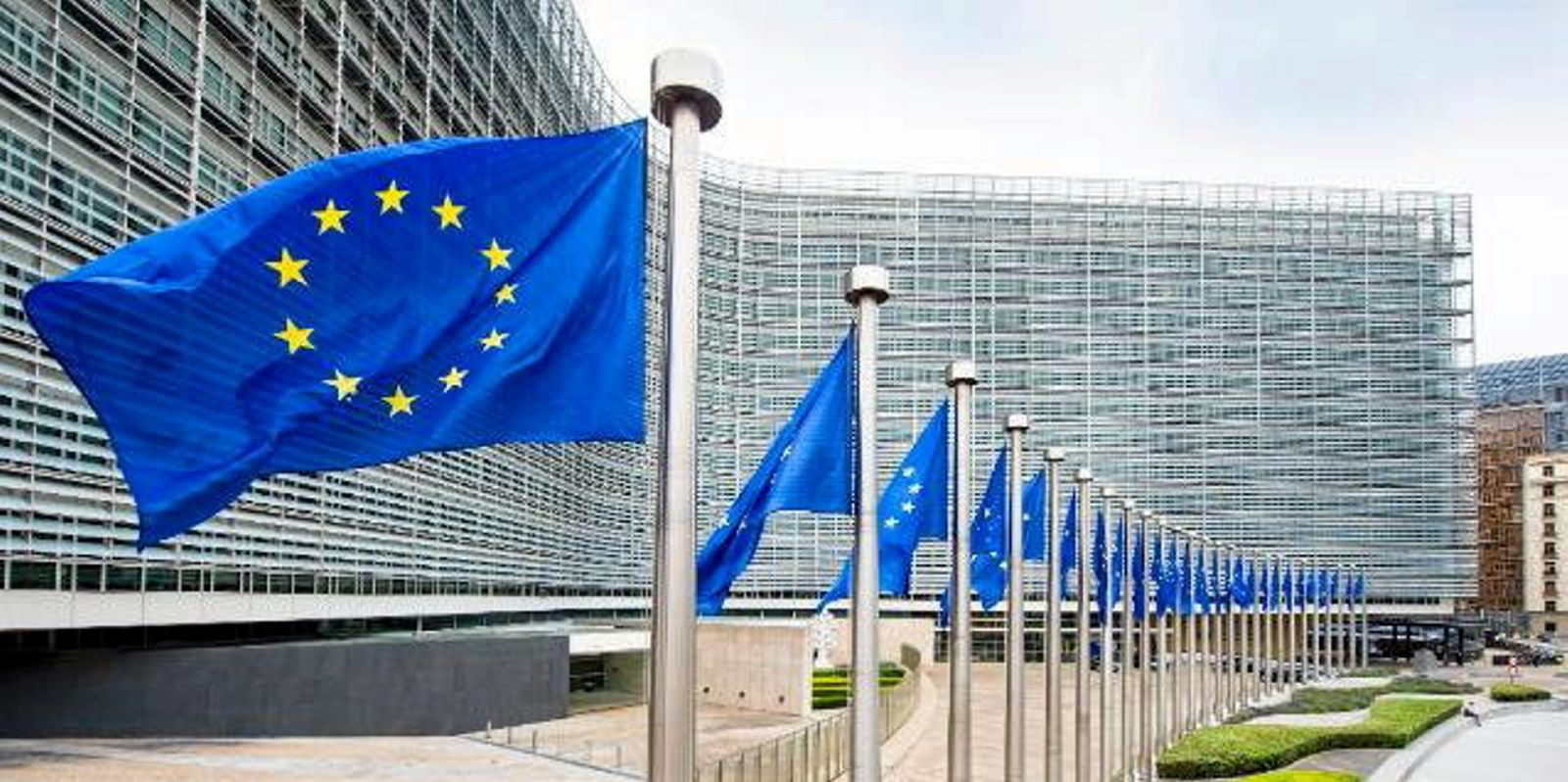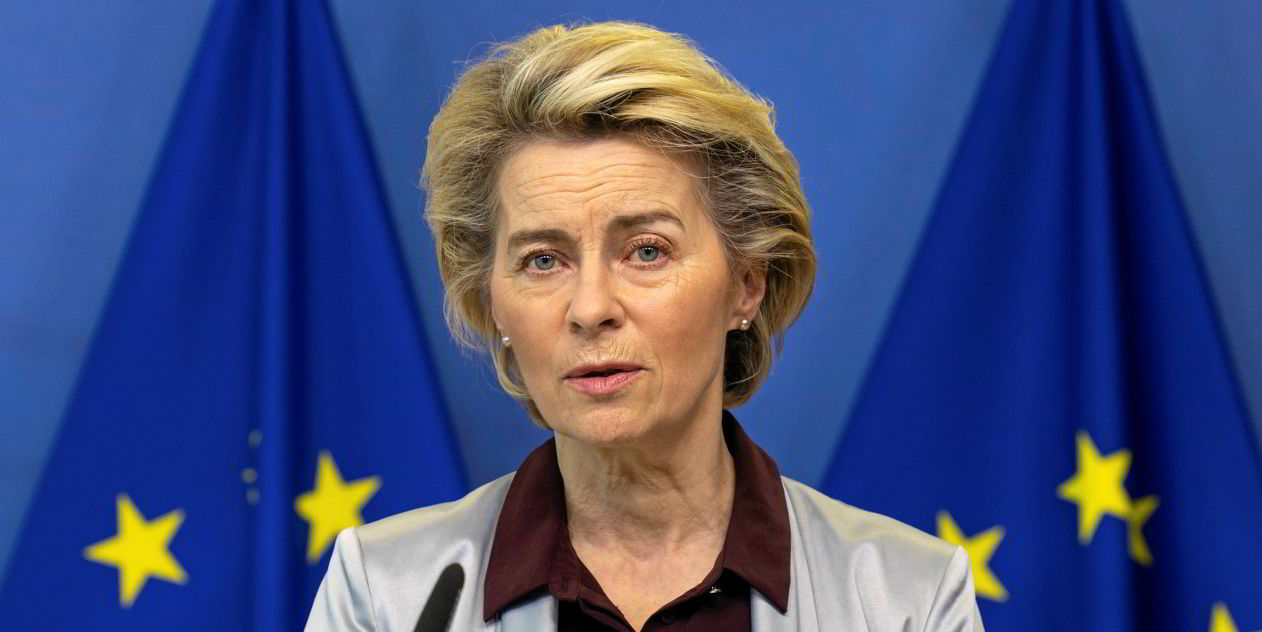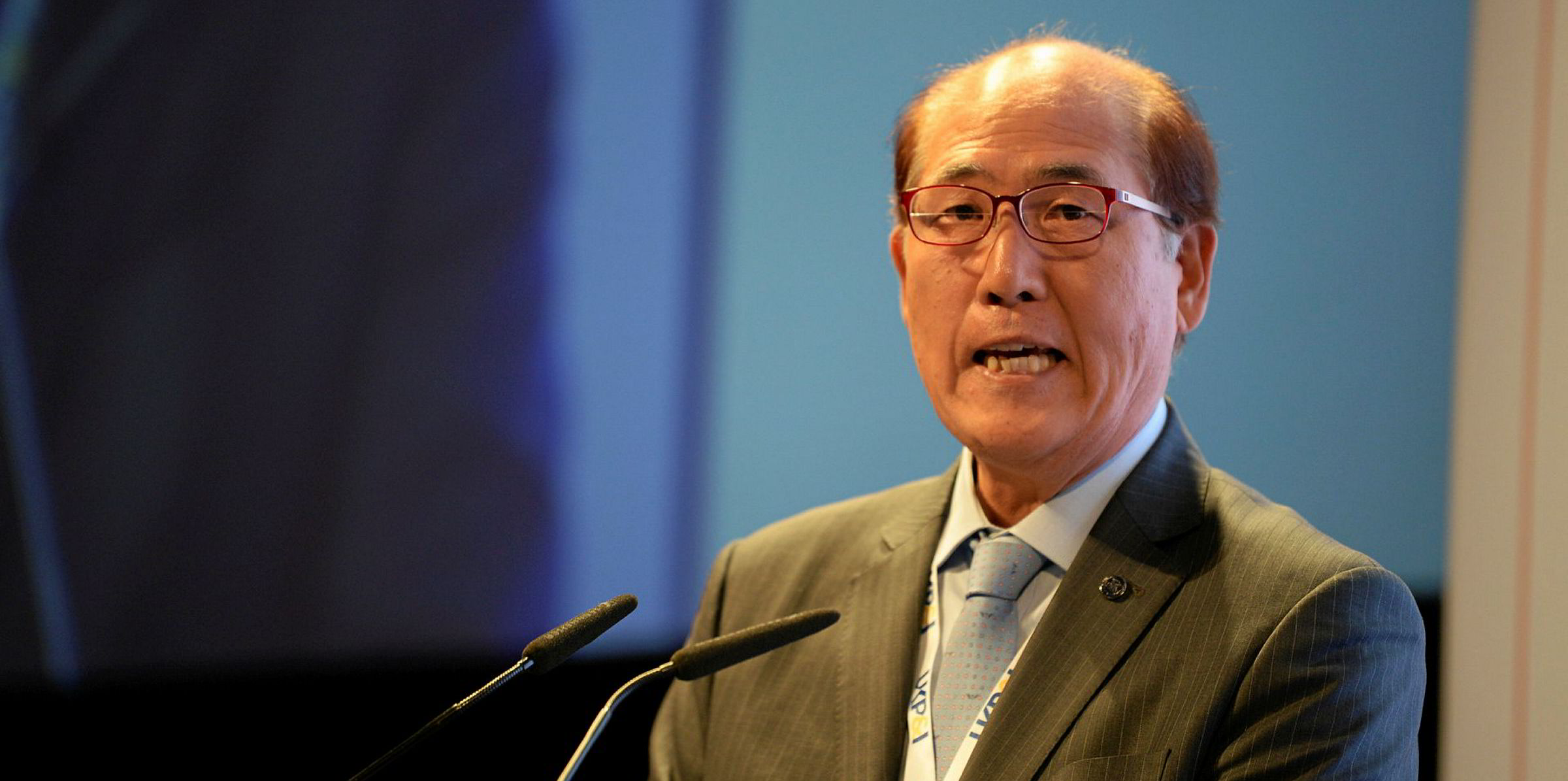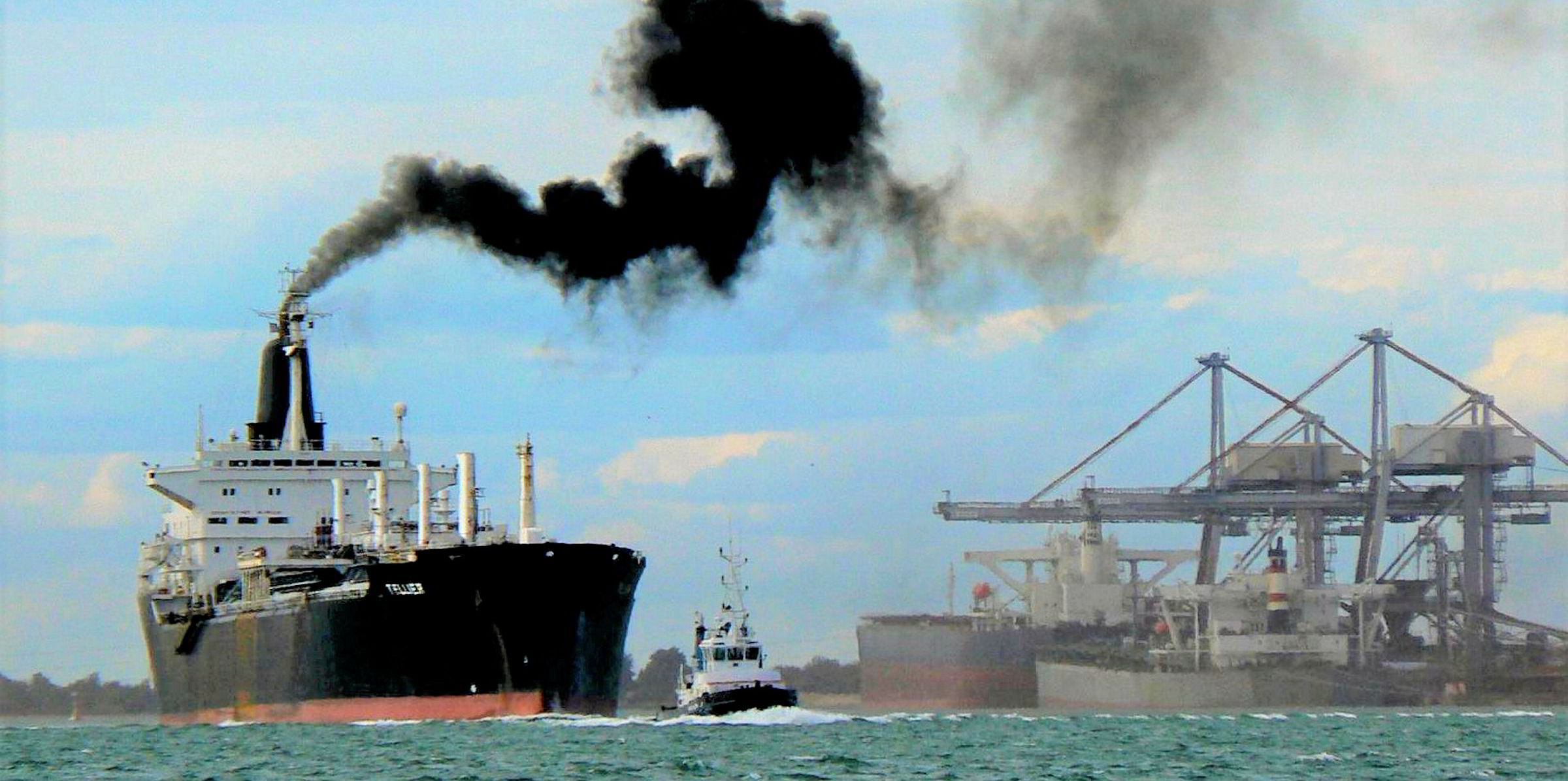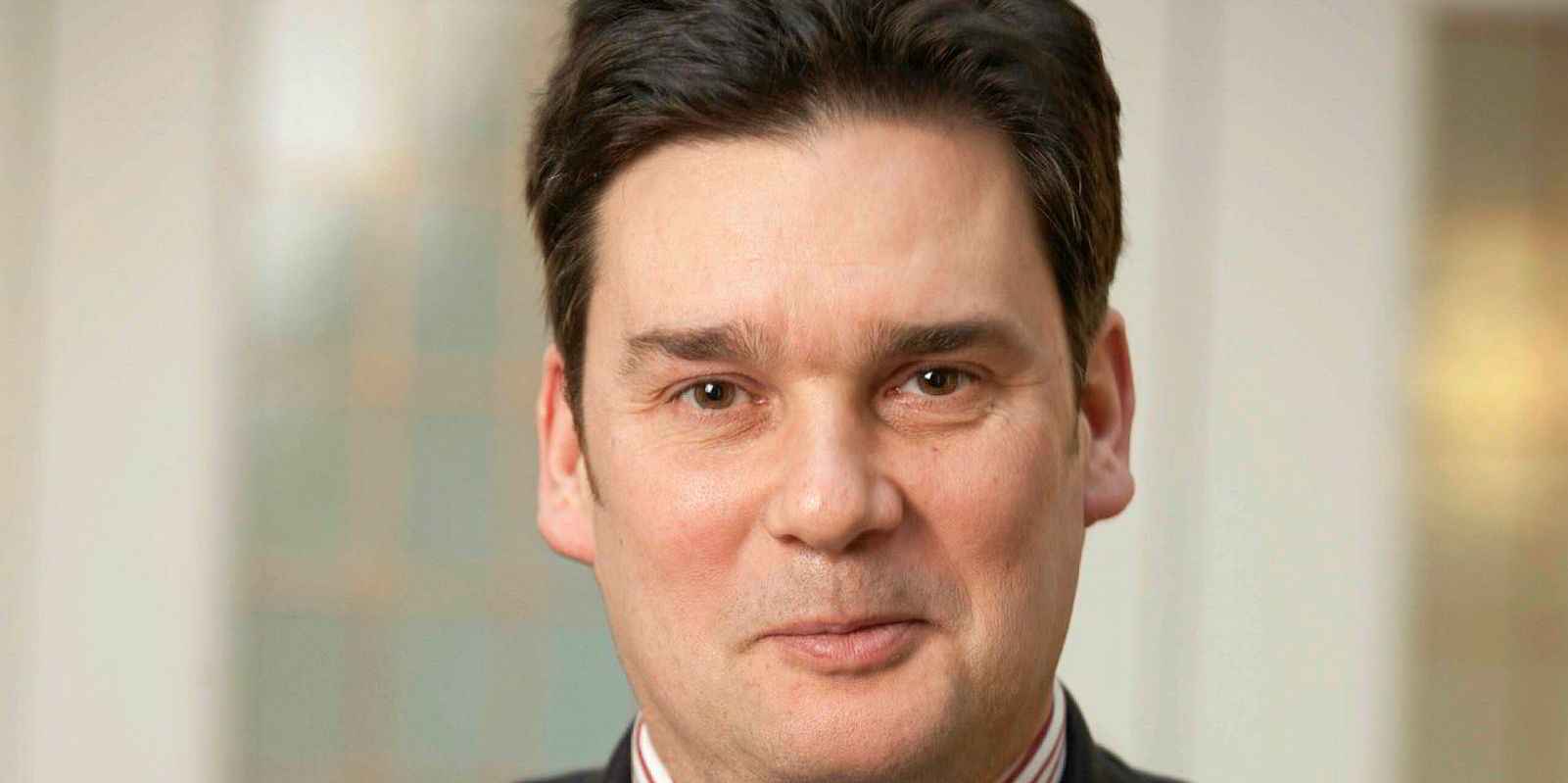Japan and South Korea have voiced opposition to the European Union’s plan to include greenhouse gas emissions from maritime transport in its emissions trading system (ETS).
The two Asian maritime powerhouses are some of the few non-European countries that have pledged to become carbon neutral by 2050.
But both nations have filed strong complaints to the European Commission against Brussels’ proposal, which asks commercial operators to pay for vessel emissions during voyages to, from and between EU ports.
As part of the EU’s consultation process, Tokyo and Seoul both argued that a global regulatory framework would be more effective in reducing emissions from shipping than Europe’s carbon market.
“Considering the specific nature of international shipping, no policy measure other than [a] global one can effectively capture and control emissions in this sector,” the South Korean government said in its filing,
“Rather, the application of EU-ETS to global seaborne trade is likely to result in the increase of GHG emissions by shifting to other shipping routes and/or to more carbon intense transport modes to avoid directly calling at EU ports.”
Japan wants a global market
The Japanese government said: “Extension of EU-ETS to international shipping is not the suggested way forward, whether the scope is limited to intra-EU shipping only or not.
“EU-ETS in international shipping will not deliver ambitious emission reduction effects, while leaving the risk of carbon-leakage and significant distortion in global maritime transport and trades involving non-EU third countries including Japan.”
The International Maritime Organization has recently approved some short-term carbon reduction rules for shipping that will come into force by 2023, but many environmentalists believe those measures are insufficient to combat climate change.
Admitting the IMO rules cannot fully decarbonise the sector, Japan said member states of the United Nations body should pursue global market-based measures (MBM) to promote low, zero-carbon marine fuels.
“Given that the IMO has just finalised the development of short-term measures on existing ships, we are now in a stage of initiating development of a new measure, which includes global MBM with a view of finalisation as soon as possible,” the country said.
Opposition from the private sector
The government remarks came as shipowners in the two countries said they are concerned about the proposal’s market impact.
“In applying EU-ETS to international shipping in the EU areas, there is a high possibility of an impact on the global maritime market, namely being the dual standard,” Japanese Shipowners’ Association said in its filing to the EU.
South Korea’s largest container line — HMM — said: “When it comes to full auctioning without free allowance according to the initial EU proposal, the cost of carbon allowance auctioning for shipping companies will be remarkably soared, resulting in an excessive increase in logistics costs worldwide.”
Many other shipping organisations, including Bimco and the International Chamber of Shipping, have also been vocally against the inclusion of shipping in the European carbon market.
They generally argue that regional rules could create uneven playing fields for shipowners, saying the IMO would be the only suitable regulator for international shipping.
The development is reminiscent of the EU’s earlier attempt to put a carbon price on flights to and from European airports in 2012, which prompted protests from airlines and governments in China, the US and some other countries.
Brussels eventually was forced to water down the regulation by including only intra-EU flights in the ETS.
